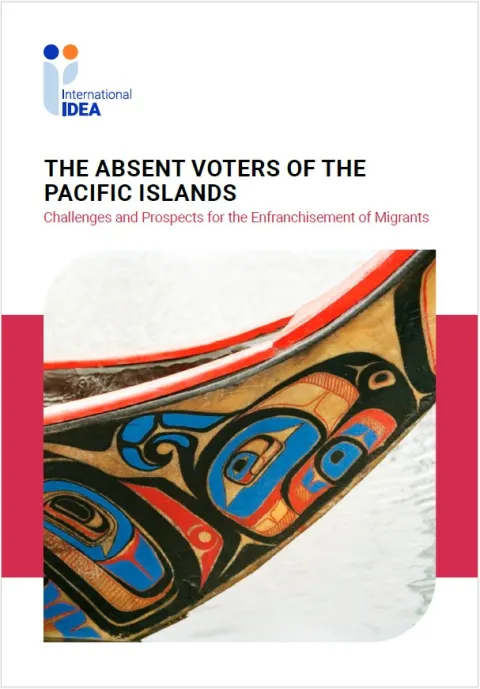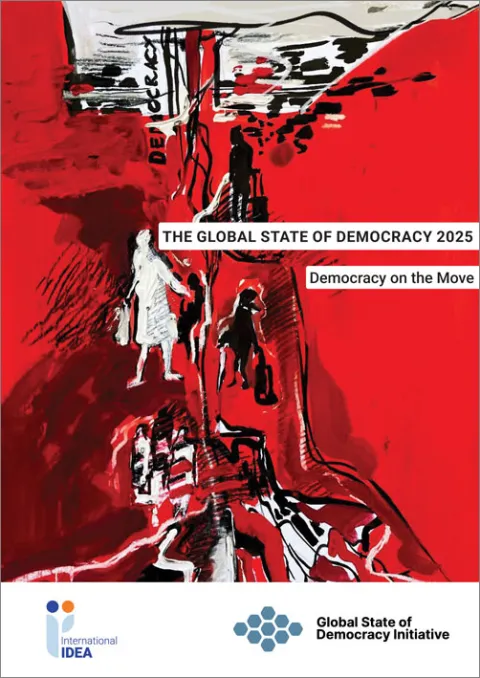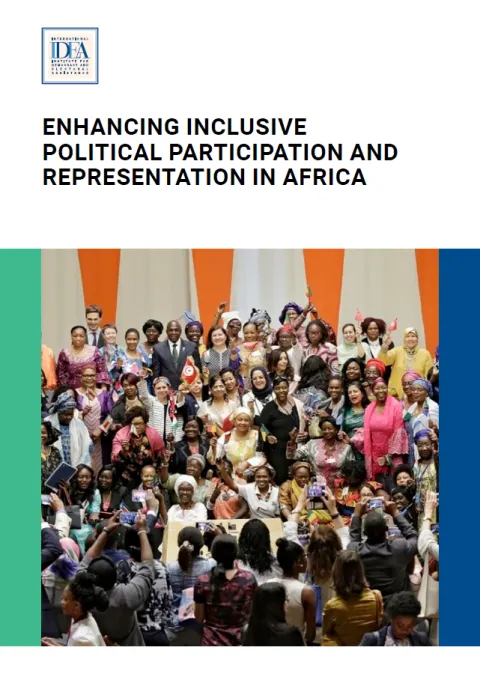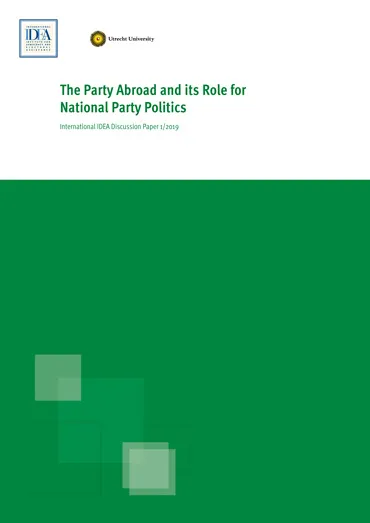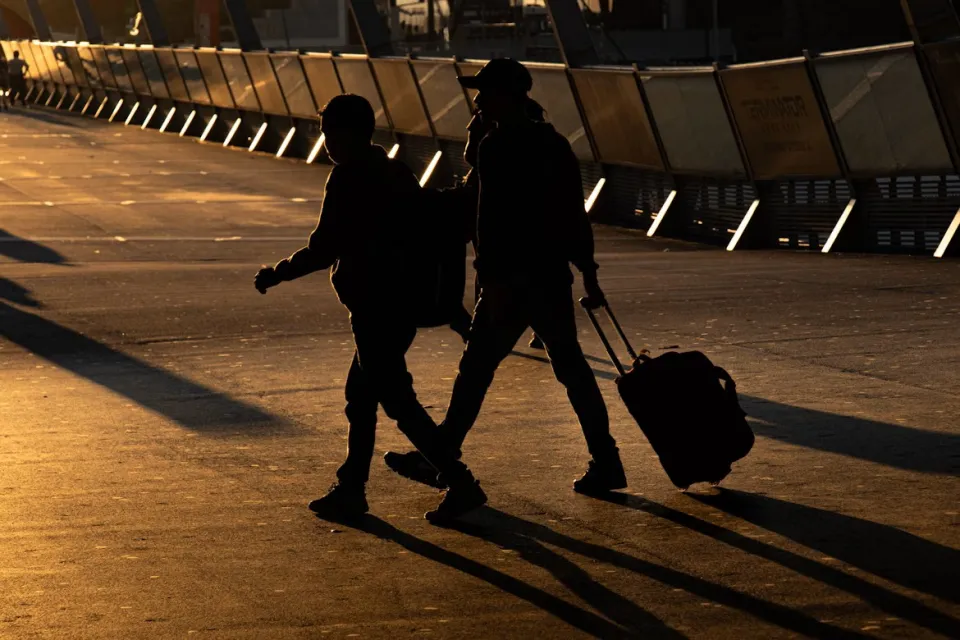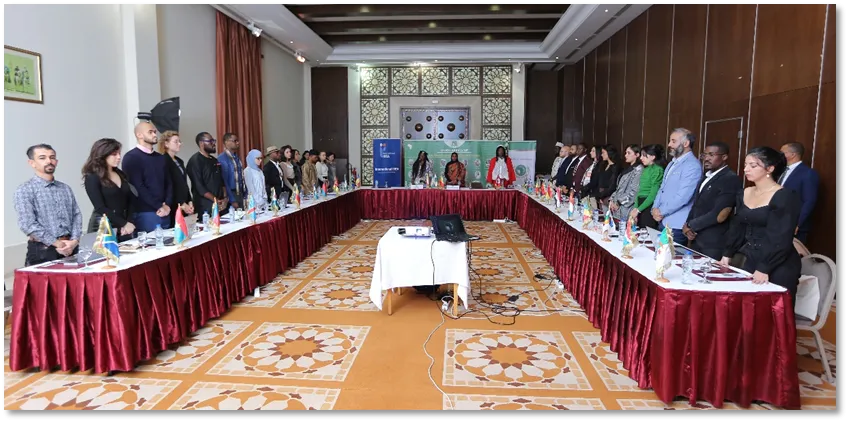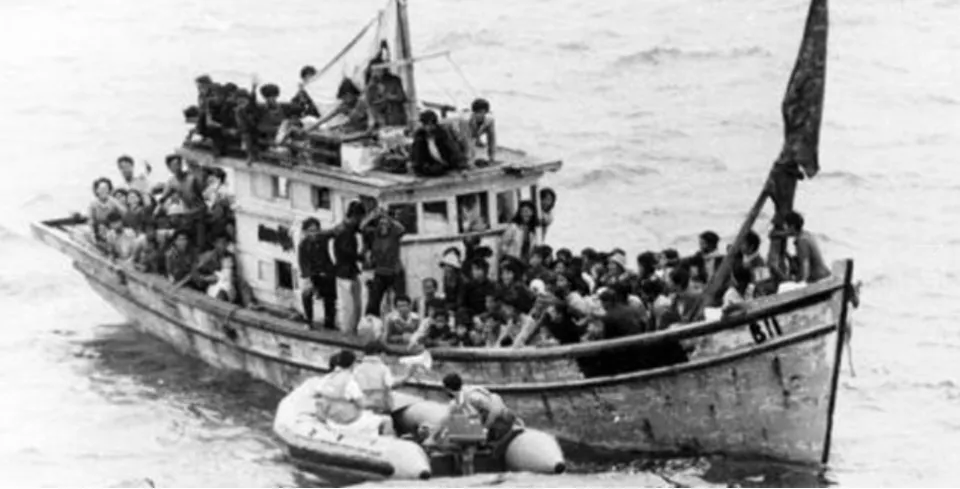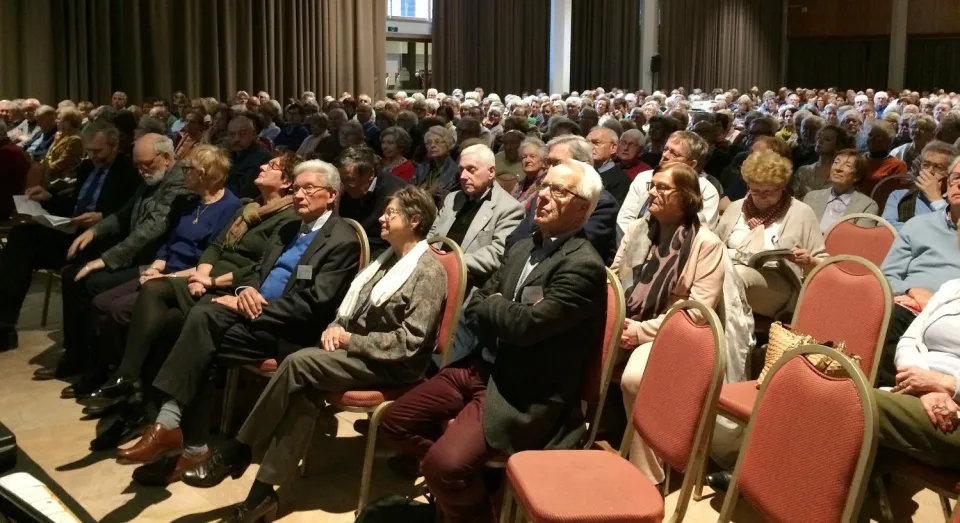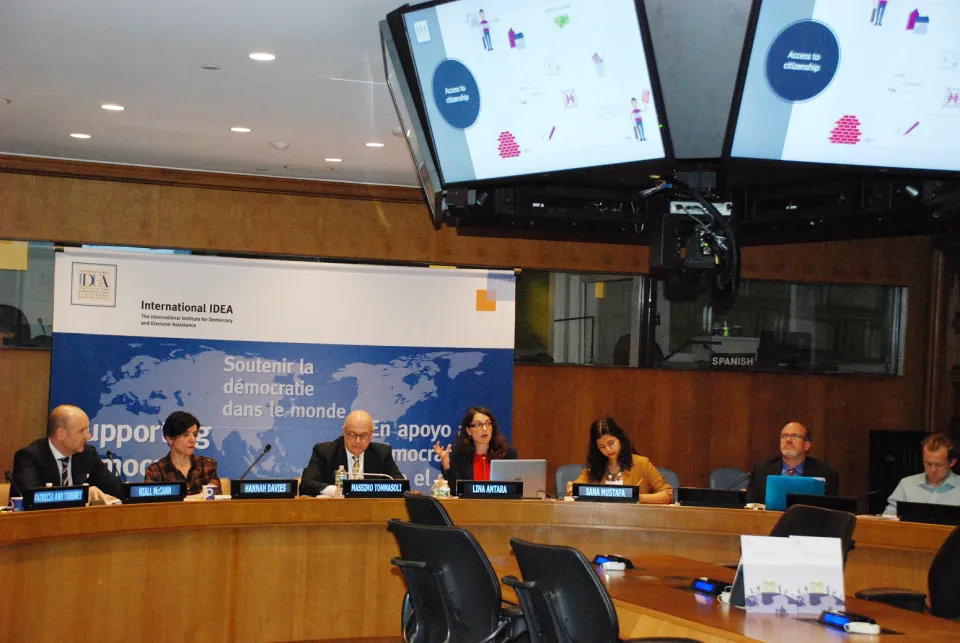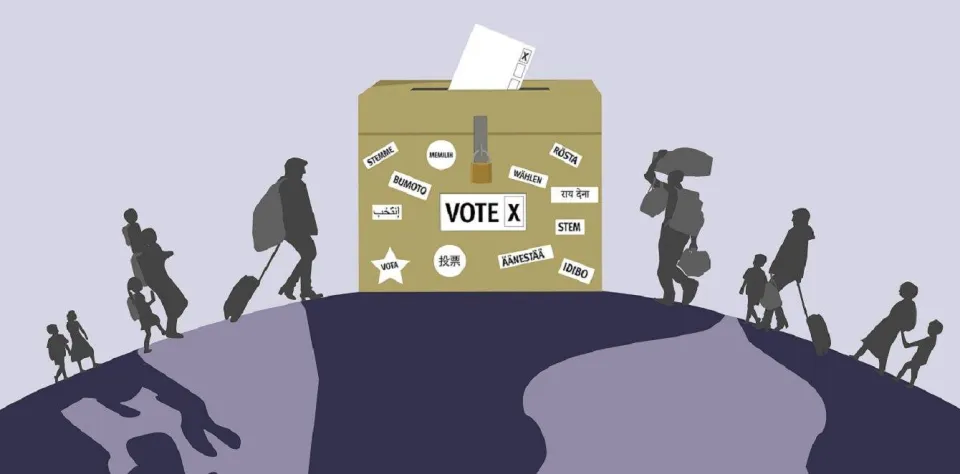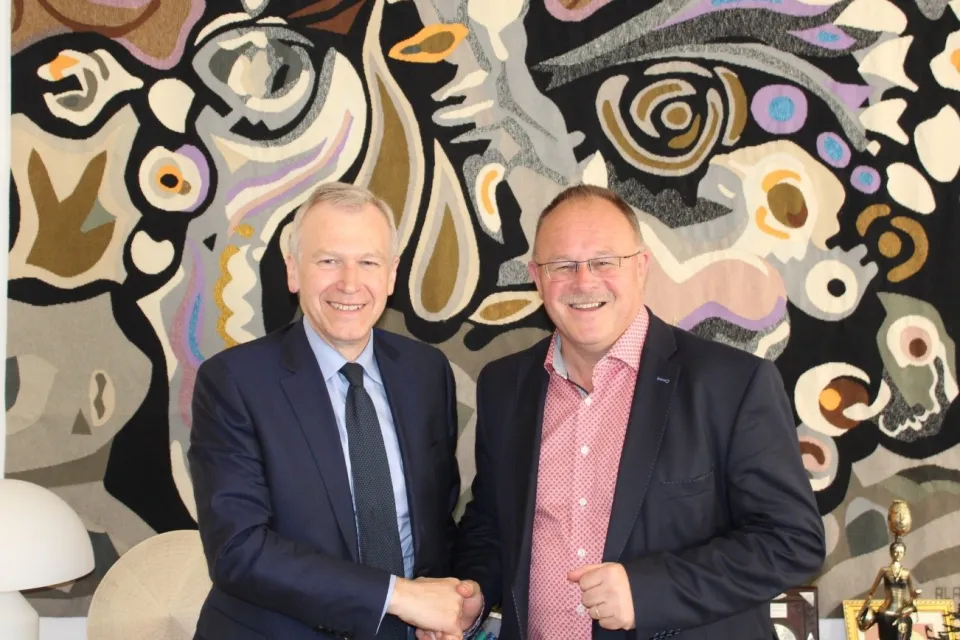Political Participation of Refugees: Bridging the Gaps
What can be done to enhance the participation of refugees and asylum seekers in the political life of their host countries and their countries of origin? What legal and institutional mechanisms are needed to create enabling environments to foster their participation, and which factors might hinder this participation?
This report explores the possible answers to these questions, focusing on refugees from Afghanistan, the Democratic Republic of the Congo, Somalia, South Sudan and Syria, and their experiences in eight host countries: Germany, Kenya, Lebanon, South Africa, Sweden, Turkey, Uganda and the United Kingdom.
Drawing on a total of 638 in-depth interviews with refugees and key informants, the report provides unique insights into the challenges and opportunities related to refugees’ political participation.
Recognizing the dual role of refugees as political actors, the Refugees, Asylum Seekers and Democracy project aims to explore the challenges and opportunities related to the political participation of refugees in their host countries and countries of origin.
The Refugees, Asylum Seekers and Democracy project was made possible by funding from the Robert Bosch Stiftung.
Details
Staff authors
Contents
Abbreviations
Acknowledgments
Foreword
Preface
Introduction
Part I. Political Participation of Refugees in their Host Countries
1. Formal political participation of refugees in their host countries
2. Non-formal political participation of refugees in their host countries
Part II. Political Participation of Refugees in their Countries of Origin
3. Formal political participation of refugees in their countries of origin
4. Non-formal political participation of refugees in their countries of origin
Conclusion and recommendations
References
Annex. Glossary of terms
About the authors
About the Refugees, Asylum Seekers and Democracy project
About International IDEA
Case studies
Political Participation of Refugees: The Case of Afghan and Syrian Refugees in Germany
Nora Jasmin Ragab
Political Participation of Refugees: The Case of Somali and South Sudanese Refugees in Kenya
Caleb Otieno Opon
Political Participation of Refugees: The Case of Syrian Refugees in Lebanon
Zeina El-Helou
Political Participation of Refugees: The Case of Congolese Refugees in South Africa
Mukondeleli Mpeiwa
Political Participation of Refugees: The Case of Syrian and Somali Refugees in Sweden
Tarig Adan
Political Participation of Refugees: The Case of Syrian Refugees in Turkey
Ezra Mannix
Political Participation of Refugees: The Case of South Sudanese and Congolese Refugees in Uganda
Tigranna Zakaryan
Political Participation of Refugees: The Case of Afghan Refugees in the United Kingdom
Shoaib Sharifi
Additional materials
Refugees, Asylum Seekers and Democracy: Interview Questionnaire
Give us feedback
Do you have a question or feedback about this publication? Leave us your feedback, and we’ll get back to you
Send feedbackPolitical Participation of Refugees: Bridging the Gaps
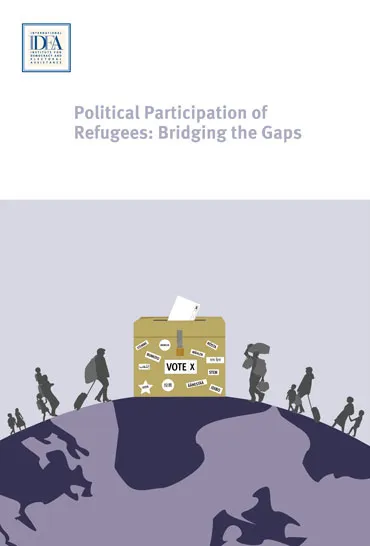
| Total views | 21570 |
|---|---|
| Downloads | 163 |
| Rating |
Staff authors
Give us feedback
Do you have a question or feedback about this publication? Leave us your feedback, and we’ll get back to you
Send feedback